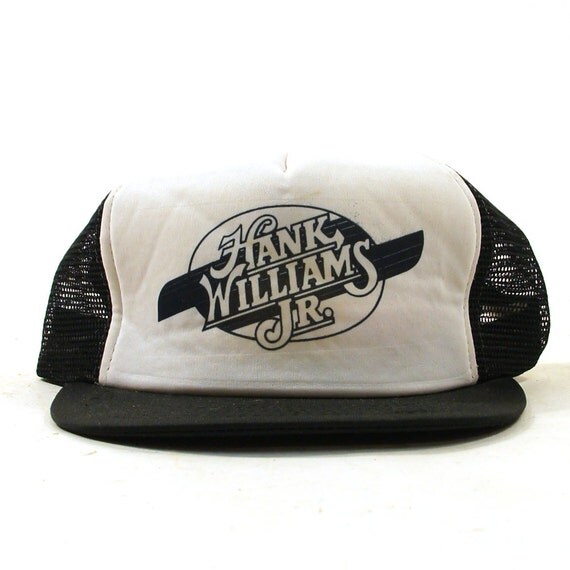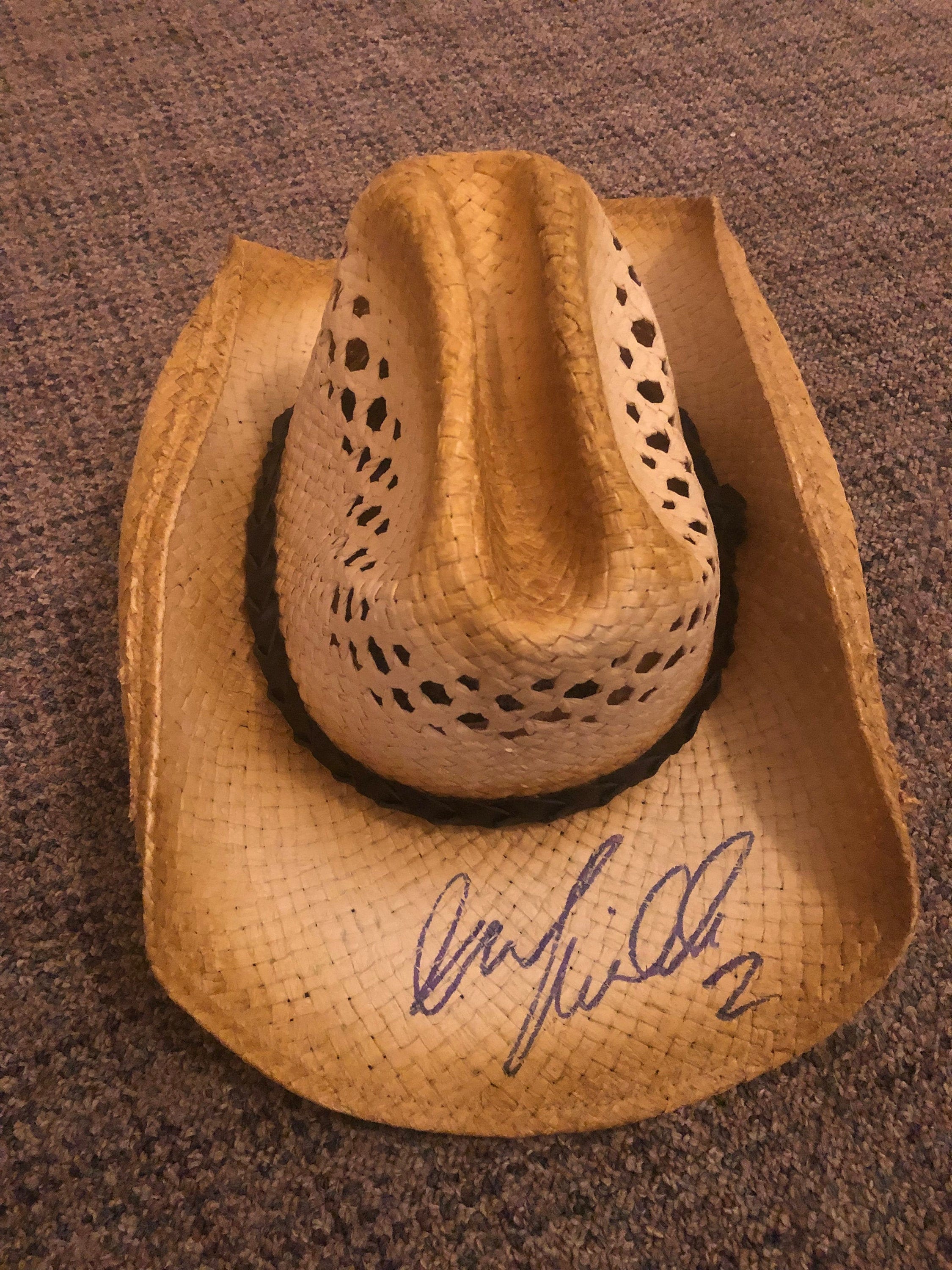Hank Williams Jr Cowboy Hat For Sale – The role of business brokers and intermediaries has become increasingly important in today’s business-for-sale market. Social movements and grassroots organizations work tirelessly to provide resources and support to those who need it, often without expecting anything in return. Vintage items, antiques, and pre-loved goods often carry stories and histories that new products simply cannot replicate. This is particularly evident in industries such as furniture, clothing, and electronics. A high-quality winter coat, for example, will keep you warm and dry through years of cold weather, offering comfort and protection that a cheaper, mass-produced coat cannot match. With the rise of e-commerce, the accessibility of quality goods for sale has expanded exponentially. From designer labels to quirky, eclectic finds, second-hand clothing offers a wealth of variety and style at a fraction of the price of new items. Furniture is another category that lends itself well to the second-hand market. Relationships can become transactional, where each party enters into an agreement based on what they stand to gain. It carries with it a deep sense of commodification — the idea that every part of our lives, every piece of our history, every corner of our existence, has a price attached to it. Selling such an item can be a difficult decision, yet it often represents the practical need to downsize or make space for something new. When people choose quality goods, they are choosing longevity over convenience, enduring craftsmanship over temporary trends, and often, a timeless aesthetic over what is in vogue today. In some cases, a business may look profitable but may be hiding significant underlying issues, such as declining sales, ineffective marketing strategies, or employee dissatisfaction. The act of selling can be both a release and a renewal, a letting go that paves the way for something new and unknown. People are not just looking for things that work well; they want products that elevate their environment and their experiences. Yet, even within this system, there is room for hope. This typically involves drafting and signing a sale agreement, which outlines the terms and conditions of the transaction. The most obvious benefit is the cost savings. Second-hand goods for sale are no longer seen as inferior or out-of-date, but rather as a conscious, stylish, and eco-friendly choice. For sellers, online platforms can expand their reach to a global audience of potential buyers, increasing the chances of finding the right match for their business.

Bocephus Hank williams, Hank williams jr, Cowboy hats
Over 5,000 hatsfree shippingin house hat expertslow price guarantee

Bocephus Hank williams, Cowboy hats, Hank williams jr
Over 5,000 hatsfree shippingin house hat expertslow price guarantee

Men&Women Hank Williams Jr Cotton Hat Cowboy Hat Baseball
Over 5,000 hatsfree shippingin house hat expertslow price guarantee

The Unbranded Brand Hank WIlliams Jr Cowboy Cap Advertising Ad Rare
Over 5,000 hatsfree shippingin house hat expertslow price guarantee

80s Trucker Hat / Hank Williams Jr by SpunkVintage on Etsy
Over 5,000 hatsfree shippingin house hat expertslow price guarantee

Bocephus Hank williams, Hank williams jr, Cowboy hats
Over 5,000 hatsfree shippingin house hat expertslow price guarantee

Sold at Auction Hank Williams Jr. Personally Owned Stetson Cowboy Hat
Over 5,000 hatsfree shippingin house hat expertslow price guarantee

HANK WILLIAMS Jr Signed AUTOGRAPHED Full Size Hat Etsy
Over 5,000 hatsfree shippingin house hat expertslow price guarantee

Hank Williams' Hat One of Hank's hats at The Marty Stuart … Flickr
Over 5,000 hatsfree shippingin house hat expertslow price guarantee

Bocephus Hank williams, Cowboy hats, Hank williams jr
Over 5,000 hatsfree shippingin house hat expertslow price guarantee
However, it’s also important to recognize the darker side of this freedom. Whether through their durability, aesthetic appeal, or the values they embody, these products go beyond simple transactions. Once a suitable business has been identified, the buyer usually begins the due diligence process, which involves reviewing all relevant documents, financial records, and contracts. Whether it’s vintage clothing, antique furniture, or used luxury watches, second-hand goods offer an opportunity for buyers to find quality items that are no longer available in stores. For those who enjoy the tactile experience of shopping and the sense of discovery that comes with it, thrift stores offer a personal and immersive way to shop for second-hand items. Even in a marketplace where everything is commodified, there is still room for those moments and experiences that transcend value. For the buyer, there is the risk of inheriting a business with hidden problems or liabilities that were not disclosed during the due diligence process. As more and more people become concerned about the planet’s resources and the impact of consumerism on the environment, the concept of buying used goods has gained traction as a more sustainable alternative to purchasing new products. The possibilities are endless, and the result is often something more unique and personal than what could be bought new. These platforms provide a convenient way for sellers to connect with potential buyers, set their prices, and arrange for shipping or pick-up. Therapists offer their services for a fee, and online courses promise to give us the knowledge we need to succeed — all in exchange for money. While the sale of a business can provide a valuable opportunity for both parties involved, it also carries risks. We are all participants in a vast, interconnected economy, one that doesn’t just involve physical goods but extends to ideas, relationships, and even identities. In the realm of electronics, a quality product, such as a high-end camera or a premium laptop, can perform reliably for years, often outlasting cheaper alternatives. A well-made product simply performs better. For fashion-conscious individuals, buying second-hand is a way to express their personal style while also supporting sustainable practices. This subjective nature of value is what makes the “for sale” market so dynamic. Self-help books and motivational speakers promise to sell us the tools to fix ourselves, to buy into a better version of who we could be. Their inherent value comes not only from their physical characteristics but also from the values of durability and sustainability. Additionally, purchasing second-hand electronics can be a way to access high-end models at a lower price.
Are there things that should be kept beyond the realm of trade? Or has the marketplace — with its insatiable demand and promise of exchange — seeped into every facet of our being?
If everything is for sale, then the concept of value itself becomes fluid, subjective, and often manipulated. With the rising costs of new products, especially in categories like electronics, clothing, and furniture, purchasing second-hand items can offer significant savings. These concepts, they say, are too sacred, too important to be reduced to mere transactions. The democratization of commerce has opened up opportunities for millions of people, giving them the chance to pursue their dreams and create their own paths to success. These goods aren’t just products; they are symbols of craftsmanship, heritage, and pride. The desire for more, the constant pursuit of bigger profits and greater influence, can lead to exploitation. Many high-quality products come with a rich history, whether it’s the legacy of a renowned brand or the personal touch of a local maker. Millennials and Gen Z, in particular, have embraced the idea of second-hand shopping as a way to challenge consumerism, reduce waste, and express their individuality. A well-made product simply performs better. This can be particularly advantageous for entrepreneurs who might have experience in business operations but lack the time or resources to build a new venture from the ground up. Some businesses are sold because the owner is ready to retire, while others might be sold due to financial difficulties or changes in the owner’s personal or professional life. This has made it easier for people to find items that might have otherwise been out of reach, whether it’s a rare collectible, an antique, or a product from another country. One of the key defining features of quality goods for sale is their ability to stand the test of time. The market for second-hand goods is also influenced by societal trends and economic conditions. This shift in mindset has contributed to a growing acceptance and even celebration of second-hand shopping, making it a mainstream activity that is not just about saving money but about making more thoughtful and responsible choices. Although the transaction may be challenging at times, the opportunity to buy or sell a business can open doors to new ventures, provide financial rewards, and enable entrepreneurs to pursue their goals. People are rediscovering the value of items that have been made by hand, with care and skill, as opposed to the impersonal, assembly-line products that dominate the marketplace. Whether through their durability, aesthetic appeal, or the values they embody, these products go beyond simple transactions. This subjective nature of value is what makes the “for sale” market so dynamic. Additionally, many second-hand items are still in excellent condition, having been gently used or well-maintained by their previous owners, further enhancing the appeal of these products.